4 Ways the Fourth Amendment's Already Being Pummeled in a Non-Top Secret Way
The government will always insist it's acting within the law.
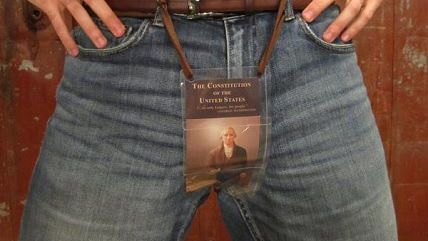
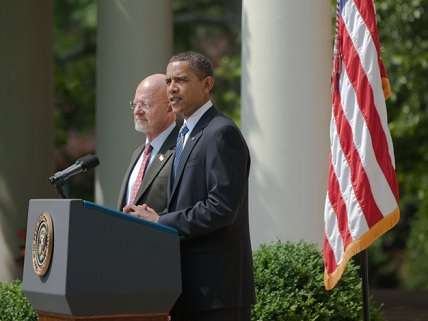
Last week The Guardian and The Washington Post reported that the National Security Agency collects information on the phone and Internet habits of millions of Americans. Since then we've seen President Barack Obama argue against the strawman of combining "100 percent privacy and 100 percent security." We've seen the Director of National Intelligence and apologists point to federal statutes that allegedly permit the behavior. And, on the brighter side, we've seen Sen. Rand Paul introduce the Fourth Amendment Restoration Act.
The Fourth Amendment didn't become dead letter overnight. The NSA's unprecedented access to Americans' personal data may have been top secret, but the Fourth Amendment's been getting pummeled for years out in the open. Here are four other ways Americans' rights to security in their persons, houses, papers, and effects have been eroded:
1. By plane or by train, the TSA's got you by the balls.

In colonial America, writs of assistance were essentially general search warrants for officials of the British crown. Issued by the king, they allowed the bearer broad search powers to find contraband and goods subject to customs laws. After the American revolution, the founders reacted to this practice by enshrining a prohibition on unreasonable searches and seizures in the Fourth Amendment and its counterparts in state constitutions.
A quarter of a millennium later, federal agents from the Transportation Security Administration don't need any warrant to engage in the kinds of fishing expeditions that British officials went on, albeit in the name of safety and not the purse of the crown. TSA agents have broad powers to maintain security checkpoints at airports and, increasingly, at train stations and other transportation centers. And that's not the only threat to travelers: Other federal agents have carved out a broad Fourth Amendment exemption while operating within 100 miles of the U.S. border.
NEXT: As long as it's reasonable, right?
2. What's unreasonable may not be what you expect.
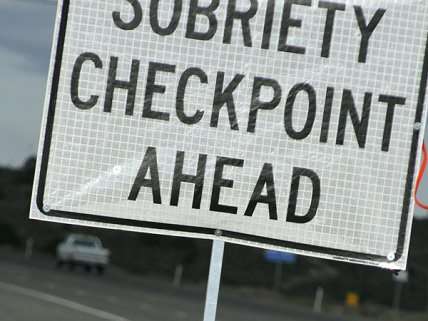
Though the Fourth Amendment prohibits unreasonable searches and seizures, evidence obtained through such means weren't excluded from admissibility in court until a 1921 Supreme Court case, Weeks vs. United States. The Court prohibited federal authorities from using such evidence provided by state or federal agents, and it only extended this exclusionary rule to police at the state and local level in 1961. Until then, though unreasonable searches and seizures were considered unconstitutional, they could still land you in jail.
In 1967, the Supreme Court defined an "unreasonable" search as one that violates the individual's reasonable expectation of privacy. Since then, the authorities have whittled away at those expectations. When two Kentucky cops ignored a "No Trespassing" sign to enter a man's property and walk a mile down a road to find a crop of marijuana plants in the 1980s, for example, the Supreme Court ruled that the defendant didn't have a reasonable expectation of privacy in what amounted to an "open field," despite the No Trespassing sign. And in the last quarter century, the Court has applied Fourth Amendment exceptions to sobriety checkpoints and to police checkpoints set up to solicit information for an investigation.
NEXT: Your DNA's fair game for the long arms of the law
3. The police can collect your DNA when they detain you.
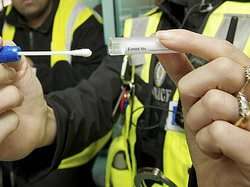
Earlier this month, in the case of Maryland v. King, the Supreme Court ruled that police could extract DNA samples from arrestees. Such a move, the Court decided, was analogous to snapping a mug shot or taking fingerprints. That comparison, Justice Antonin Scalia wrote in a scathing dissent, "can seem apt only to those who know no more than today's opinion has chosen to tell them about how those DNA searches actually work."
Your DNA could remain in government records whether or not you are convicted of a crime. And the authorities seem eager to find new ways to collect it. Just this weekend, off-duty cops in Florida were performing traffic stops to offer drivers money for a DNA or blood sample, to be used in federal research on driving under the influence.
NEXT: What does a drug-sniffing dog have in common with federal judges?
4. Search warrant? Will a dog's word do?
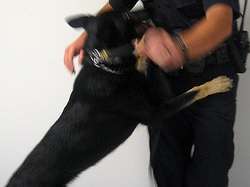
Earlier this year, the Supreme Court ruled that the response of a drug-sniffing dog is sufficient to trigger a reasonable search, a position that both exaggerates the dogs' ability to detect illicit drugs and ignores the fact that the animals are search tools themselves. This builds on an earlier case in which the Court concluded that the canines only detect contraband for which there's no "reasonable expectation of policy."
In the wake of that earlier ruling, Julian Sanchez warned Reason readers that the decision would have far-reaching effects. The dogs, he wrote, represented a crude version of the "new wave of advanced surveillance tools…capable of detecting not just drugs but weapons, explosives, and illicit computer files, potentially flying under the Fourth Amendment's radar all the while."
The foreign intelligence surveillance courts that approve the NSA's telephone and Internet surveillance operations are a bit like the drug-sniffing dogs. The authorities act as though both are infallible, and neither one's judgments can be reviewed or appealed by those at the receiving end of the subsequent search and seizure.


Show Comments (24)